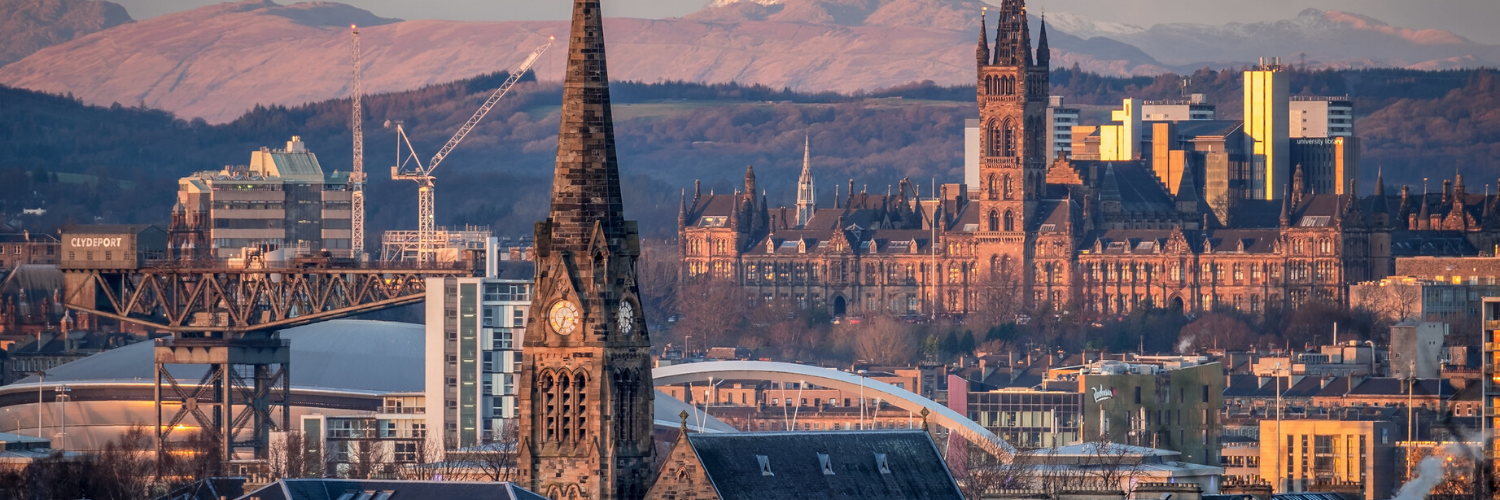Written by: Kimberly White
The UN Climate Change Conference has officially been postponed due to the ongoing COVID-19 pandemic.
Originally set to take place in Glasgow this November, COP26 will be rescheduled to take place in 2021. COP26 was expected to bring more than 30,000 delegates together from around the world. The goal was for world leaders to agree upon ambitious new actions to tackle the climate crisis.
The United Nations Framework Convention on Climate Change (UNFCCC) aimed for COP26 to be the most ambitious and inclusive climate talks in the conference’s history. Due to the ongoing threat posed by COVID-19, it was no longer feasible to hold the summit this year as safeguarding lives is the main priority.
“The world is currently facing an unprecedented global challenge and countries are rightly focusing their efforts on saving lives and fighting COVID-19. That is why we have decided to reschedule COP26,” said Alok Sharna, UK Secretary of State for Business, Energy and Industrial Strategy and COP26 President. “We will continue working tirelessly with our partners to deliver the ambition needed to tackle the climate crisis and I look forward to agreeing a new date for the conference.”
The COVID-19 pandemic has been confirmed in 182 countries thus far. As of April 4th, there have been 1,197,405 confirmed cases, and nearly 65,000 people have lost their lives, according to Johns Hopkins University.
The Scottish government plans to turn the SEC arena, the venue set for COP26, into a field hospital to treat coronavirus victims.
In a statement, the UK government said that rescheduling the conference would allow more time for preparations to take place and give all parties the chance to focus on the vital issues that will be discussed at the conference.
“COVID-19 is the most urgent threat facing humanity today, but we cannot forget that climate change is the biggest threat facing humanity over the long term,” said Patricia Espinosa, UN Climate Change Executive Secretary. “Soon, economies will restart. This is a chance for nations to recover better, to include the most vulnerable in those plans, and a chance to shape the 21st century economy in ways that are clean, green, healthy, just, safe and more resilient.”
While many agree that the delay was necessary, several prominent climate experts and environmental organizations fear the delay will cause climate action progress to stall and countries will fail to develop ambitious climate commitments to avoid catastrophic climate change.
“The decision to postpone the climate talks in Glasgow was inevitable given the health emergency the world is currently facing. But while the summit has been delayed, the climate emergency can’t be put on hold,” said John Sauven, Executive Director at Greenpeace UK.
“It’s during moments of crisis like this that what is possible starts to dramatically shift. The health of the planet and individual health need to be looked at as a whole. The pandemic has clearly shown that we are all affected and that we can only solve these challenges if we act together as a global community. Neither the pandemic nor the climate crisis stops at national borders. And that without governments, scientists and civil society working together neither COVID-19 nor the climate and nature crisis will be solved. By embracing this we are more likely to get a successful deal at the postponed climate and biodiversity summits next year,” continued Sauven.







